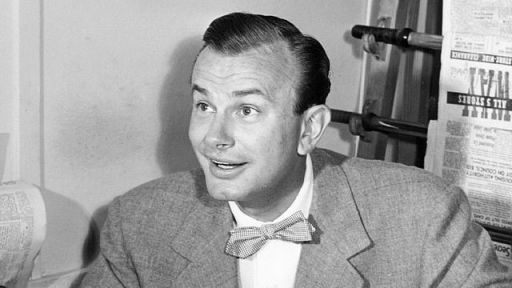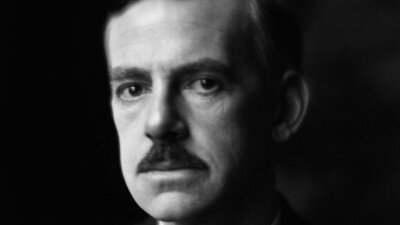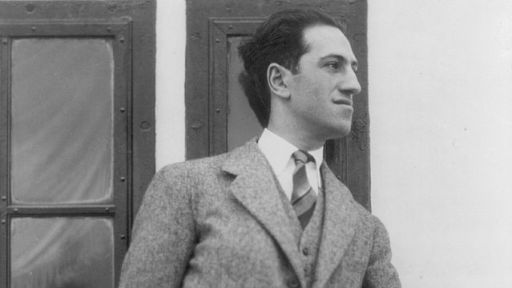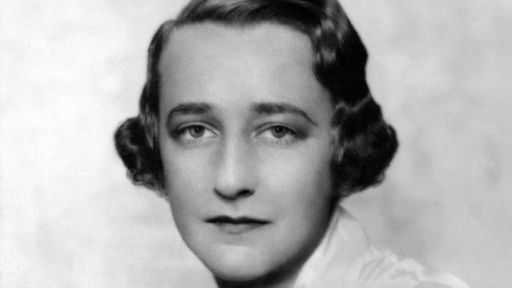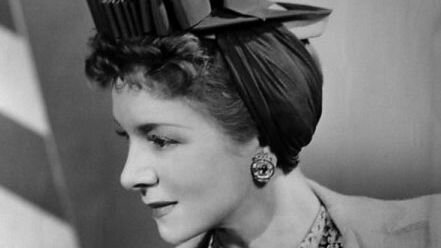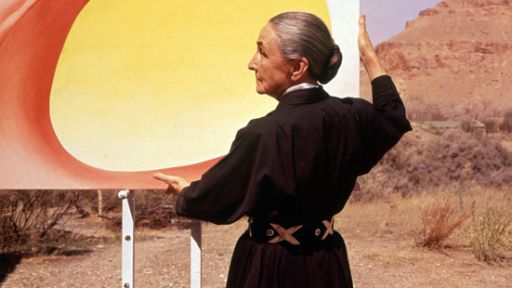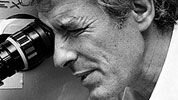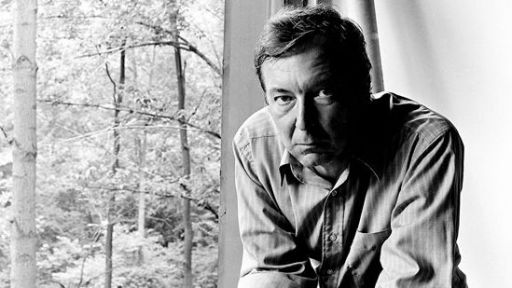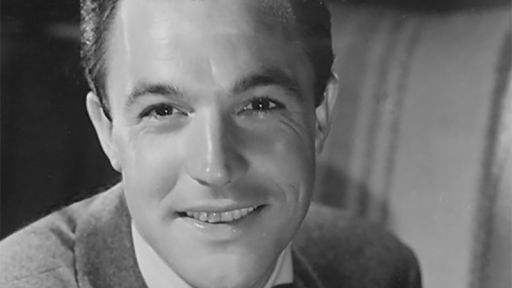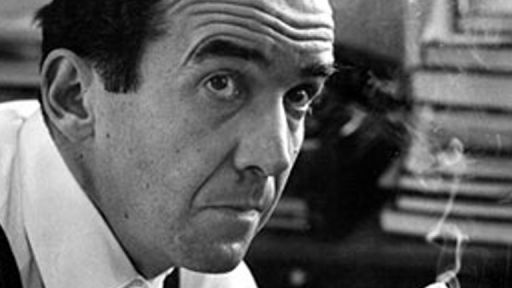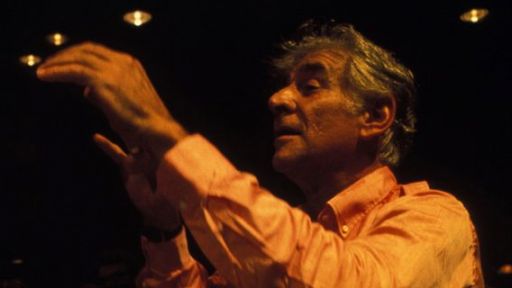Premiered: 5/7/1997
S11E4
Television and radio pioneer Jack Paar has been called the most imitated personality in broadcasting. He virtually created the late-night talk show format as the host of THE TONIGHT SHOW, one of televisions longest running programs. Of him, the WASHINGTON POST said, “Jack Paar was genuine, and the footprints he left on the loony moonscape of television are enormous; they will be there forever.”

